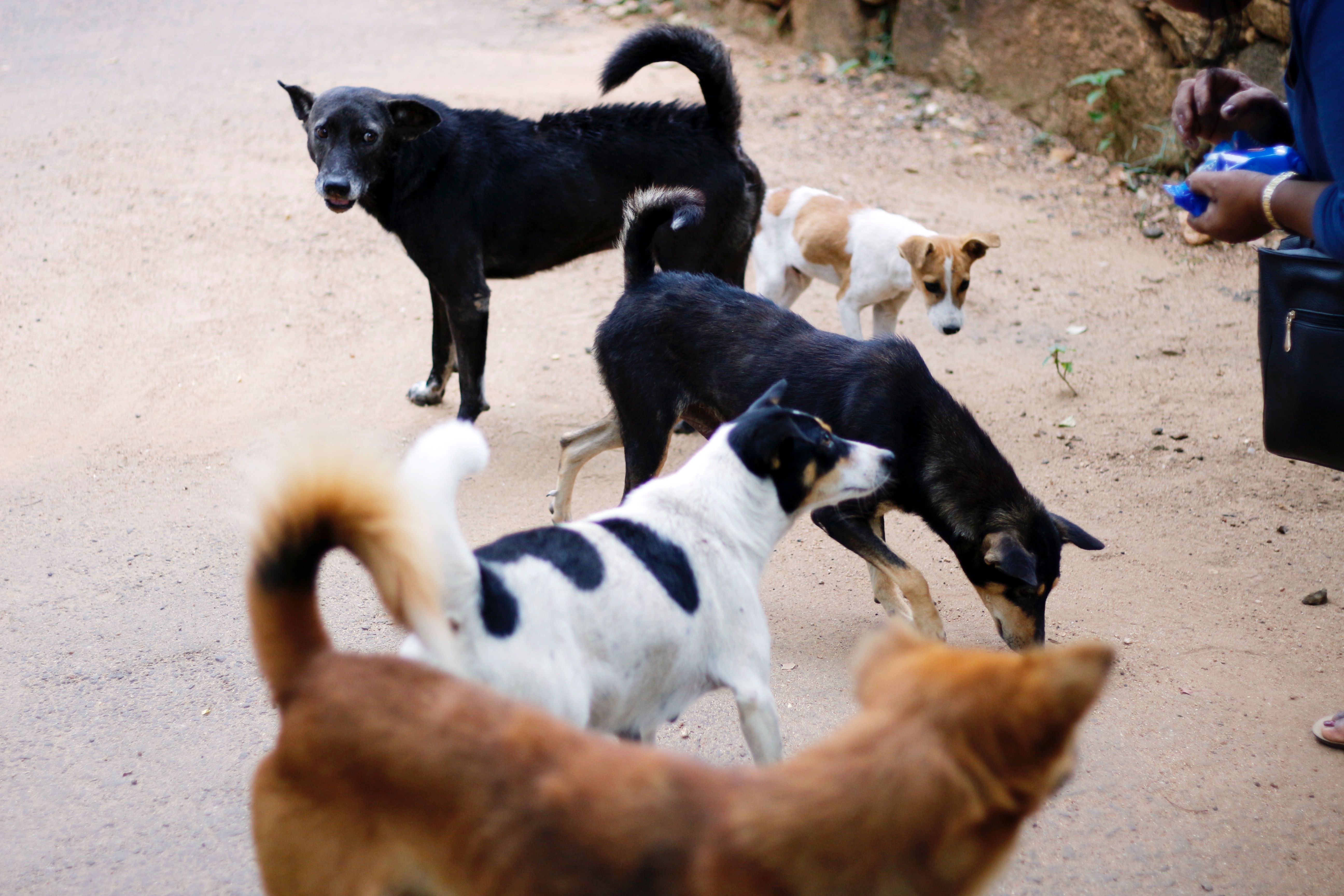A Peek into Thailand’s Hottest Star’s World: 10 Facts You Should Know About Freen
Get an exclusive peek into the world of Freen Sarocha: uncover 10 facts ...

If you’ve ever been to the Netherlands, you’ll find it obvious that the Dutch just love their pets. Walking with dogs in the park, or puppies in bike baskets, plus the majority of cafes and restaurants extend a warm welcome to pets who also can enjoy travelling on public transport around the city.
The Netherlands now proudly holds the distinction of being the world’s first country with no stray dogs, and it’s an achievement worth celebrating. What’s most heartening is that this milestone was reached without resorting to euthanasia. Considering the estimated 200 million stray dogs worldwide, the Netherlands serves as a great example and we hope Thailand can learn from this. It underscores the immense impact that a touch of human compassion and kindness can have in addressing such a global issue.
As many are aware, Thailand has had issues with the overpopulation of stray dogs for as long as we know. Bangkok alone is estimated to have approximately 300,000 stray dogs out of 800,000 estimated country wide. Just like many Southeast Asian nations, Thailand has been struggling with a stray dog issue driven by two main factors: Neglectful pet owners who do not sterilise their animals and the abandonment of dogs when they are no longer useful or can’t be cared for. Each year, uncountable dogs are cruelly abandoned on the streets while there are limited resources regarding adoption and rehoming in Thailand.
Numerous dogs are abandoned at Buddhist temples with the expectation that monks will take care of them, however, this falls short of reality. When unneutered or unspayed stray dogs are left to roam the streets, they engage in unrestricted mating, resulting in puppies being born on the sides of roads, contributing to a rapid and uncontrolled growth in the stray dog population.

While many Thais are compassionate animal lovers, responsibility for animals is often forgotten in Thai culture especially with the previous generation as dogs were seen as domestic entertainment rather than an important member of the family.
In Thailand, dog bites are responsible for a whopping 95% of all human deaths related to rabies. Moreover, dogs have the potential to transmit rabies to other animals such as cows and cats, which are frequently in contact with the Thai population. Infact, rabies cases have more than doubled in the country over the past three years, primarily due to the unchecked stray dog population. Sadly, a significant number of stray dogs continue to go without vaccination and remain uncontrolled.
Throughout centuries, dogs in the Netherlands had an important cultural significance. They served dual roles as cherished companions and symbols of prosperity for the wealthy. But in the 19th century, a devastating rabies outbreak led to abandonment of numerous dogs on the streets, which caused a change in societal attitudes towards dog ownership and well-being.
To address the escalating problem of stray dogs, authorities introduced a dog tax which worsened the issue as many individuals found themselves either unable or unwilling to meet the tax requirements, resulting in a surge in stray dogs. In response, the Netherlands saw the establishment of its first animal protection agency in 1864, marking a crucial moment in the nation’s history.
Since that time, animal rights have assumed a prominent position among the Netherlands’ social concerns. The abuse and mistreatment of animals is taken very seriously with fines as much as $18,539 and sentences of up to three years in prison.

The government tackled this issue by introducing a range of measures. Many cities imposed high taxes on “purchased” dogs which encouraged people to adopt pets from the shelter. This, in turn, freed up space in shelters to accommodate stray dogs. Additionally, a nationwide initiative known as CNVR (Collect, Neuter, Vaccinate, and Return) was launched by the government, offering vital veterinary services, including neutering, spaying, and vaccination.
The government also went a step further by setting up a dedicated police force solely committed to addressing issues related to animals. The officers are tasked with responding to incidents involving crimes against animals and providing assistance in animal rescue operations. Furthermore, there’s also a political entity called The Party for the Animals, with a primary focus on advocating for animal rights and welfare.
But what sets the Netherlands apart is its perspective on stray dogs, considering them not just as threats to human health and safety but also as ethical and moral challenges for society. The country recognises the cruelty inflicted upon these dogs and acknowledges the emotional toll it has on people who witness dogs suffering from hunger, injury, or even unnecessary death.
This government-funded program and all of the hard work in animal welfare has paid off and achieved remarkable success. Today, 90% of families in the Netherlands have dogs as a valued family member as the nation maintains its distinction as the first in the world to be free of stray dogs.
Let’s push for Thailand to follow this great example.
Get an exclusive peek into the world of Freen Sarocha: uncover 10 facts ...
In a cinematic landscape saturated with remakes, reboots and sequels, you might ...
These top 5 barber shops in Bangkok are where gentlemen can elevate ...
While traditional TV shows are serving us endless boy-meets-girl tales. Thailand has ...
Pets, as cherished members of our families, deserve rights and protections that ...
The internet makeup obsession straight out of Bangkok’s streets! Thai makeup zeroes ...
Wee use cookies to deliver your best experience on our website. By using our website, you consent to our cookies in accordance with our cookies policy and privacy policy